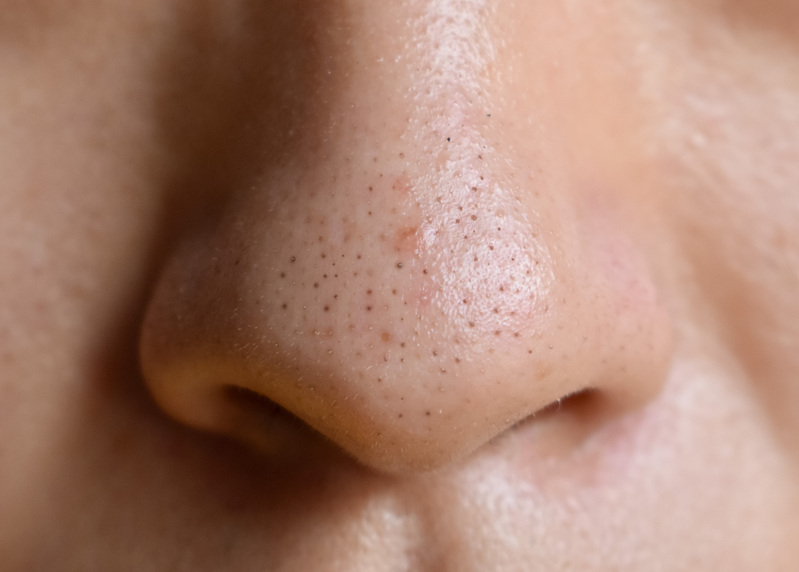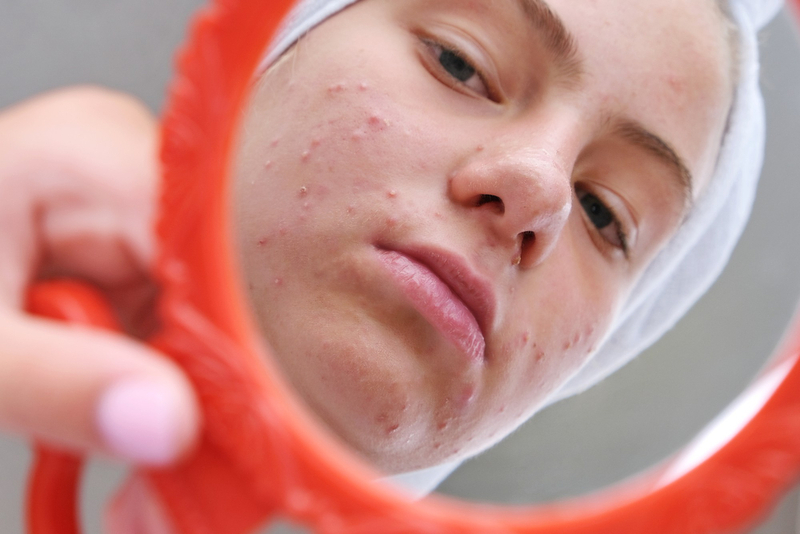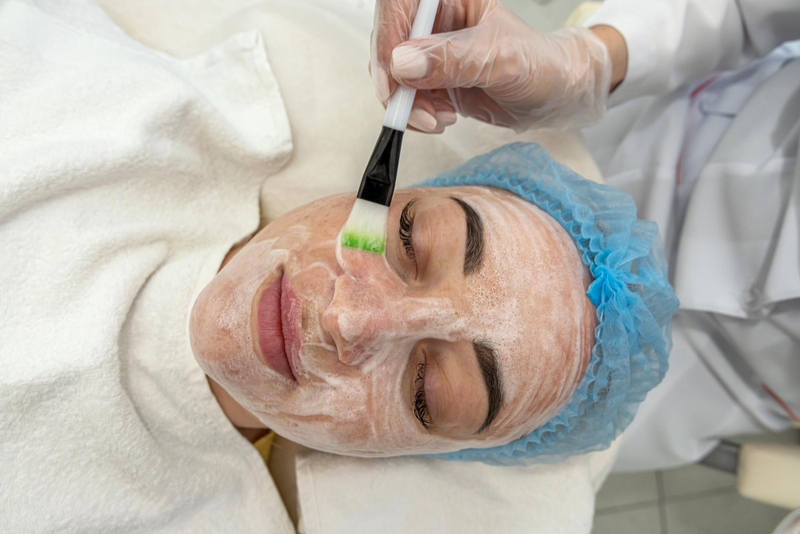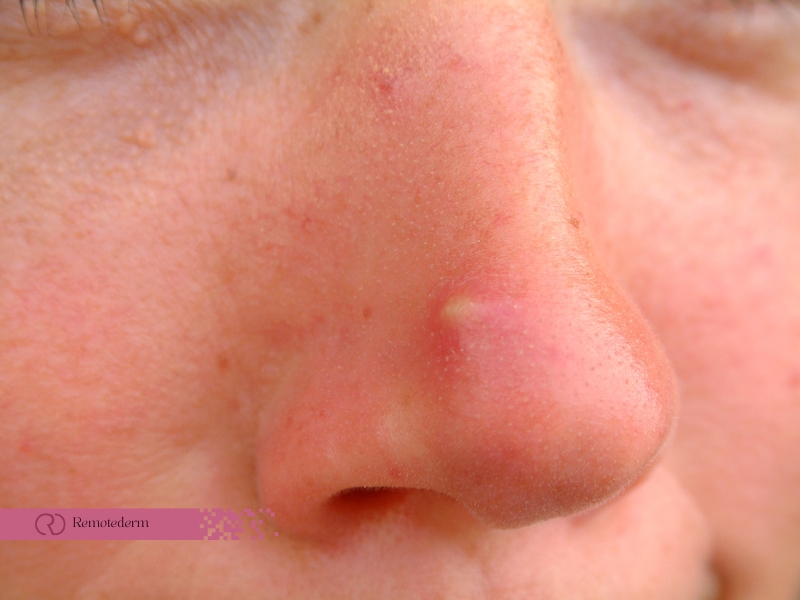This article provides a comparison of blackheads vs. whiteheads, demonstrating their dissimilarities and efficient treatments. It further instructs Canadians, who are likely to have acne due to changes in weather, to recognize their unique causes and treatments.
What Are Blackheads vs. Whiteheads?
Before diving into treatments, it’s important to have a clear understanding of what blackheads and whiteheads are and how they are formed.
Blackheads
Blackhead is an open-comedone, so the pore is actually open at the surface of the skin. They seem black because the sebum (oil) in the pore, which is exposed to air, is oxidized. The main causes of blackheads are:
- Overproduction of oil
- Blocking the pore with dead skin cells
- Hormonal fluctuations (widespread in teens and young adults)
- Environmental factors like pollution that are mostly felt in Canada’s urban centers.

Whiteheads
Whiteheads are closed comedonal acne, which means the pore is sealed and trapped under the surface of the skin. They have the shape of small white or flesh-colored bumps as well. The main causes of whiteheads are:
- Similar to blackheads (too much sebum and dead skin cells)
- Hormonal fluctuations
- Blocked hair follicles or pores
- Humid weather which can worsen clogged pores is very common in some regions of Canada.

Blackhead vs Whitehead vs Pimple: What’s the Difference?
Blackheads and whiteheads are both comedonal types of acne and are not classified as pimples. The former two types of the disease are not caused by inflammation or bacteria, while the latter is. In contrast to non-inflammatory blackheads and whiteheads, which are often red and inflamed, the latter two types of the disease can be painful.
This knowledge can empower you to target the specific problems with your skin and then find the most suitable treatment alternatives. For example, the inflammatory-type acne treatments that suit the needs of the patients with acne of the pimples type might not be used in the treatment of blackheads and whiteheads.
Causes of Blackheads and Whiteheads
Both blackheads and whiteheads are types of blemish that result from clogging of the pores with oil, dead skin cells, and other dirt. Nonetheless, a number of the following things are the reasons as to why their formation happens:
- Hormonal changes: An uneven distribution of hormones due to puberty, menstruation, pregnancy, and even stress can trigger excess oil production, which is the main cause of the problem.
- Environment: In cities such as Toronto or Vancouver, the air pollution can get so bad that it can even clog up your pores, thus giving you blackheads and whiteheads.
- Skincare habits: Over-washing or using harsh products to the skin can cause the skin to lose its natural oils, thus making the skin overcompensate by producing more oil. This is a typical problem of the dwellers of Canada’s dry, colder regions.
- Diet: Diets that have a lot of sugar and dairy products can sometimes make acne worse, although this is different for each person.
Treatment Options for Blackheads and Whiteheads
The management of blackheads and whiteheads includes both over-the-counter and professional treatments. The options below are some of the most effective:
Over-the-Counter Treatments
Mild blackouts and whiteheads can be healed by them:
- Salicylic Acid: Opening of the pore and cleansing of the skin are both achieved along with this.
- Benzoyl Peroxide: Decreases the number of bacteria and forbids the appearance of new acne.
- Retinoids: Increases cell turnover to clear the blocked pores; available for an online dermatologist or an over-the-counter pharmacy.
Professional Treatments
When the problem is of a more serious nature, the treatment by a doctor usually gives better results:
- Extraction: The technique of blackhead and whitehead removal is done in a safe manner, leaving no scars behind.
- Chemical Peels: The peeling of the dead skin and smoothening of the skin are achieved by this.
- Laser Therapy: Destroyed are oil secretions and bacteria which cause acne by using this treatment.

Prevention Tips for Blackheads and Whiteheads
Prevention of Blackheads and Whiteheads usually includes modifying skin care and lifestyle:
- Wash your face with a gentle face wash twice a day to remove excess oil and dirt.
- Practice gentle exfoliation by using an exfoliator with salicylic acid once or twice a week to get rid of dead cells.
- Even oily skin is craving hydration. Non-comedogenic and oil-free moisturizers are your best bet provided they do not clog the pores.
- No matter what comma you take. Avoid exposing your skin to harmful UV Rays if you want your skin clear. Go for reflection-free and light non-comedogenic sunscreens if you stay out in the sun in Canada.
- Only minimal picking: If you are curious enough to touch or even pick at your blackheads and whiteheads you could put your skin at risk of scarring or being infected.
How Canada’s Climate Impacts Acne
The climate in Canada brings skin care problems, such as the winter period dehydration and increased oil production, and humid summers like British Columbia that cause acne to break out. To address these, incorporate a moisturizer, drink lots of water, and modify skincare routines in a seasonal manner for the best results. Get in touch with an online acne dermatologist to get recommended care for your skin type and the effects of the environment.
Final Thoughts
Understanding the differences between blackheads and whiteheads is essential for managing your skin effectively. Whether you’re dealing with open or closed comedonal acne, a consistent skincare routine is key to preventing and treating these blemishes. If you’re in Canada and unsure about your treatment options, consider consulting with an online acne dermatologist for tailored advice.
FAQs
Can blackheads turn into whiteheads?
No, blackheads and whiteheads are different types of comedones. However, both can exist together in areas of the skin that are prone to acne.
Are blackheads more common than whiteheads?
Blackheads are generally more common because they form in open pores, which can easily trap dirt and oil, especially in polluted environments like urban areas.
Can diet affect the development of blackheads and whiteheads?
Yes, while not the sole cause, diets high in sugar and dairy may contribute to acne for some individuals. Balancing your diet may help reduce breakouts.
Do blackheads and whiteheads need different treatments?
Yes, while some treatments like salicylic acid work for both, others (like extraction) may be more effective for blackheads than whiteheads.
